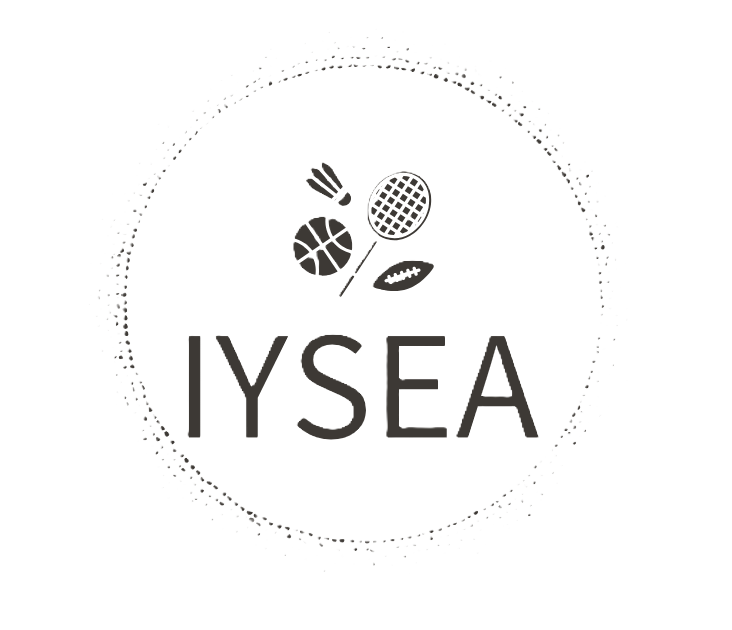1. What are the main goals and benefits of participating in sports and cultural exchanges?
Sports and cultural exchanges aim to promote cross-cultural understanding, improve athletic skills, foster teamwork, and develop leadership abilities through sports activities and interactions. This experience also broadens participants' horizons and helps them make friends from different countries and cultures.
2. How is participant safety ensured during the program?
We prioritize participants' safety with professional coaches and staff accompanying them throughout the program. Emergency plans are in place, and each participant is covered by insurance. Parents receive regular updates on the program's progress to keep them informed about their child's well-being.
3. Are there language requirements for participation?
While most activities are conducted in English, our coaches and staff provide language support to help participants who may not be fluent. The cross-cultural setting itself also offers a great opportunity for language and communication skills development.
4. What sports activities are included in the exchange program?
The program includes a variety of sports, often tailored to the host country’s specialties, such as soccer, basketball, badminton, and tennis, along with team-building activities. Specific activities are adjusted based on participants' age, skill level, and preferences.
5. What level of athletic background is required to join?
Most activities are flexible regarding athletic experience, accommodating both beginners and experienced athletes. We design the program to match each participant’s skill level, ensuring that everyone receives appropriate training and challenges.
6. What is the schedule like for the exchange program?
The program generally lasts one to two weeks and includes group training, competitions, and cultural experiences. Each day’s schedule is planned in advance, with designated times for sports, cultural visits, and rest, ensuring participants enjoy a balanced and enriching experience.
7. How are cultural differences and adaptation issues handled?
Before the program starts, we offer cultural orientation sessions to help participants understand the host country’s customs. During the program, dedicated staff assist participants in adapting to cultural differences, encouraging an open-minded approach to learning about and respecting other cultures.
8. Can parents attend or observe the activities?
Some activities may be open to parental participation or observation, and we also host parent meetings to keep families updated on their child’s progress. However, we encourage children to engage independently to help them develop self-reliance and social skills.
9. How should participants prepare for the sports and cultural exchange?
Participants should bring suitable sports gear (like athletic shoes, clothing, and personal protective equipment). We also recommend that they learn some basic cultural knowledge and maintain an open mindset to fully enjoy and engage in the program.
10. What does the program fee cover?
Fees typically include accommodation, transportation, training, materials, and insurance. Some additional costs (such as personal expenses or specific event tickets) may arise, but participants and parents will be informed of any extra expenses during registration.
11. Is there any post-program support?
After the program, we maintain contact and provide ongoing support, including learning and growth advice. Some programs also arrange for follow-up meetings or reports, allowing participants to reflect on and share their experiences.
12. Will these activities count towards school credits or official recognition?
Some schools and educational institutions may recognize these activities for academic credit or achievements, though this varies by location. We also provide participants with a certificate to document their involvement.
13. How does the program promote language learning?
The cross-cultural environment naturally promotes language learning, particularly English. Participants enhance their language skills through interactions, sports instruction, and team activities. Language assistance is also provided to support participants who may not be fluent.
14. Will this experience help with college applications or career development?
Sports and cultural exchanges demonstrate participants' diverse experiences and cross-cultural competencies, which are valuable for college applications and career growth. Skills in teamwork, leadership, and independence are qualities that schools and employers highly value.
15. How do I register and choose the right program?
We offer a variety of program options and match participants based on age, athletic interests, and language needs. During registration, you can consult with our advisors to select the program that best suits your needs.
